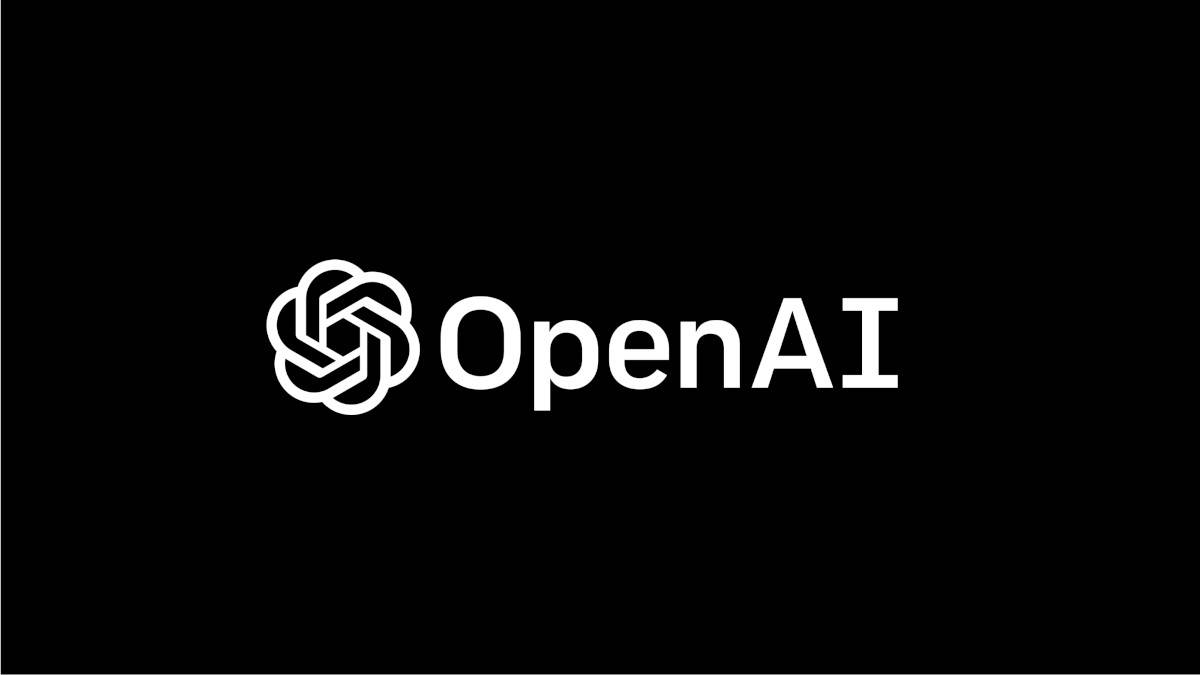Chat gpt in biomedical engineering
Chat GPT in biomedical engineering
ChatGPT is a large language model developed by OpenAI that is trained on a wide range of texts and can generate human-like responses to natural language prompts. In the field of biomedical engineering, ChatGPT could be used in several ways, such as:
Natural Language Processing (NLP): ChatGPT could be used to process and analyze large amounts of unstructured data from medical literature, clinical notes, and other sources, to extract relevant information and insights.
Medical documentation: ChatGPT can be trained to automatically generate medical reports, summaries, and other types of documentation based on input data, which could be useful for clinicians and researchers.
Virtual assistants for medical decision making: ChatGPT could be used to create virtual assistants that can help doctors and other healthcare professionals make decisions by providing information and guidance based on the latest research and evidence.
Medical education and training: ChatGPT could be used to create interactive, intelligent tutors that can help students learn and practice biomedical engineering concepts.
Medical device design: ChatGPT could be used to assist biomedical engineers in the design of new medical devices, by providing suggestions and recommendations based on existing designs and known best practices.
However, it's important to note that these are just potential applications of the model, and more research and development would be needed to fully realize these possibilities. Also, ChatGPT is a language model and it's not specifically designed for biomedical engineering, so the results will vary based on the quality and quantity of the data used to train the model.

Comments
Post a Comment